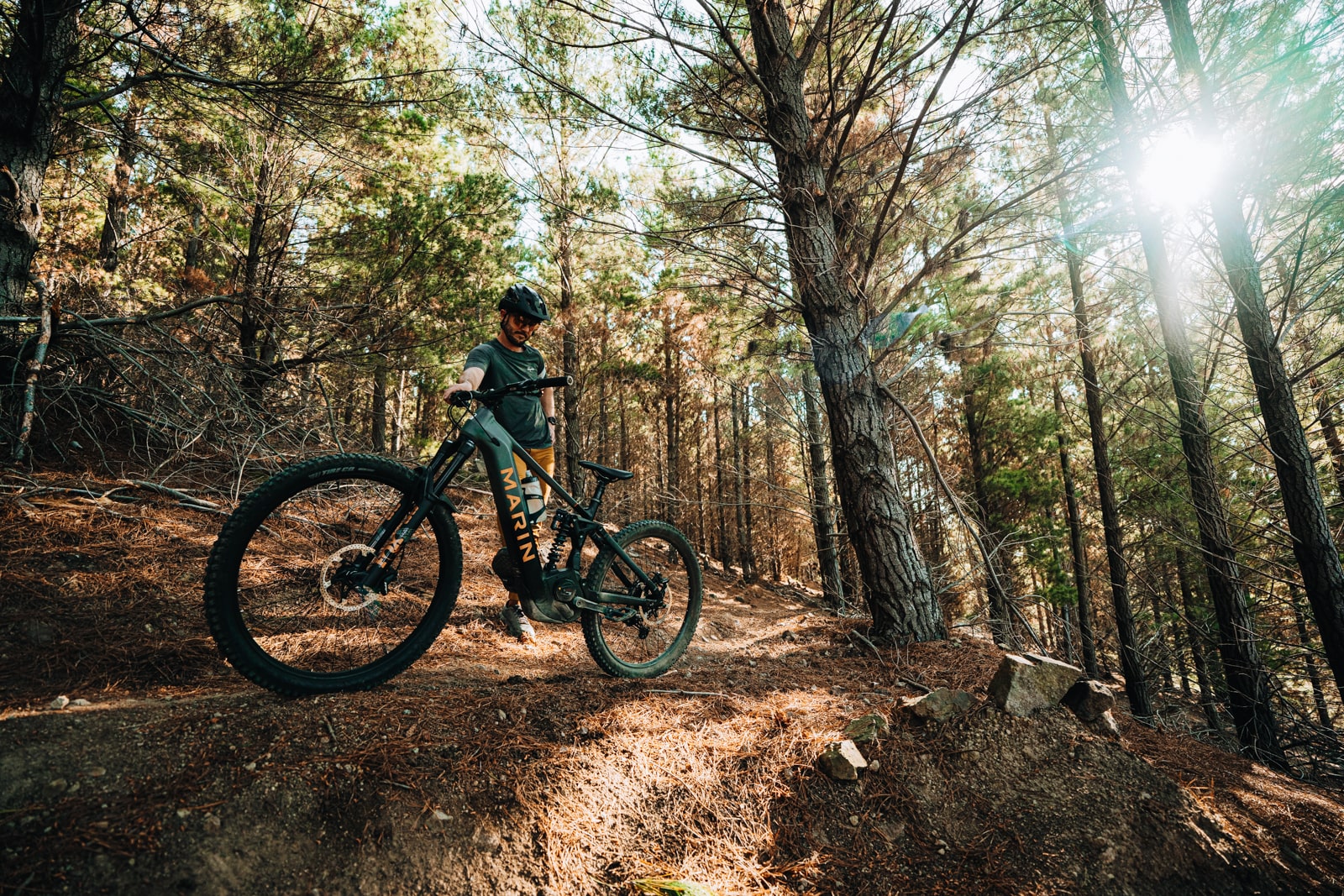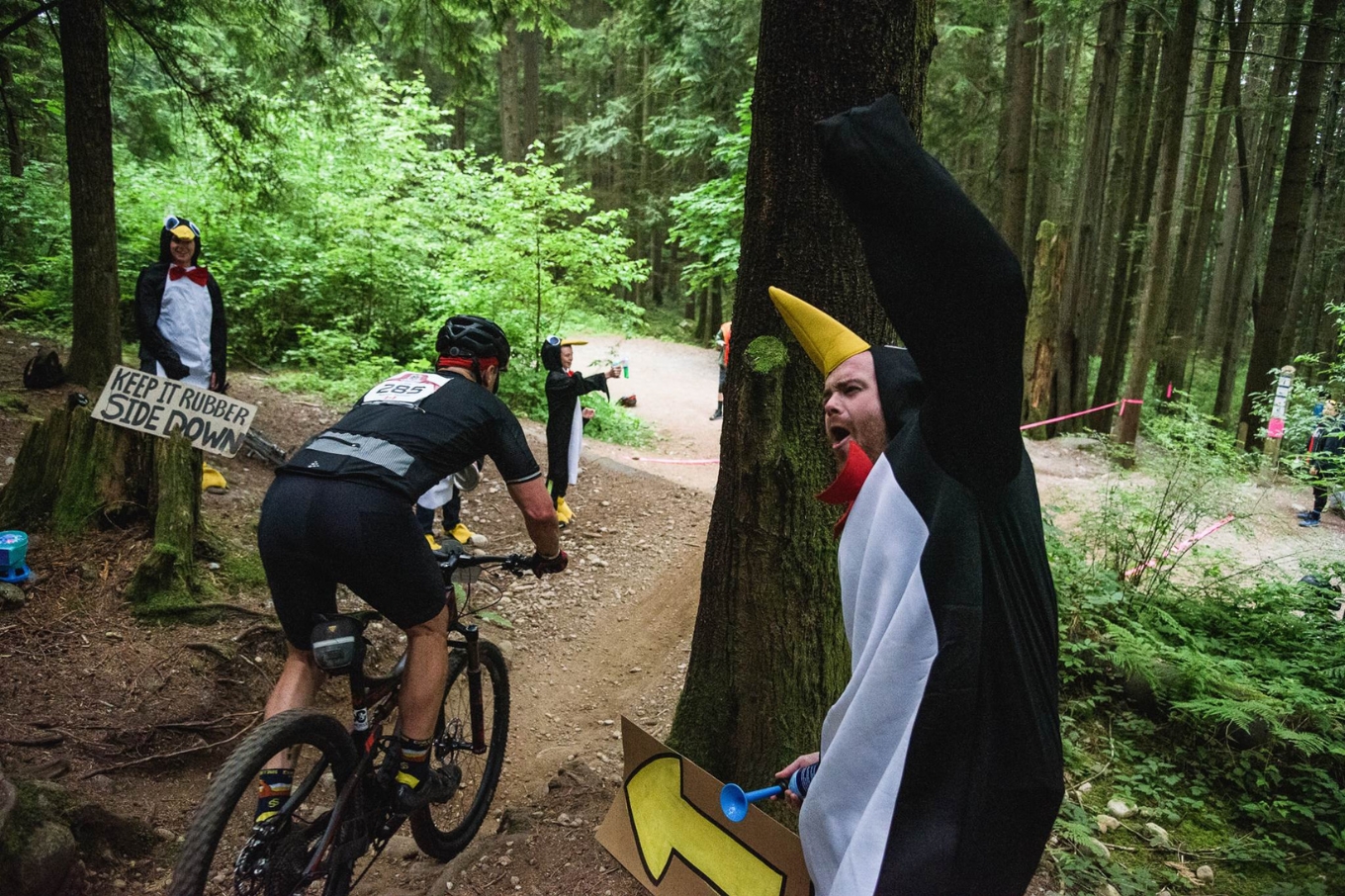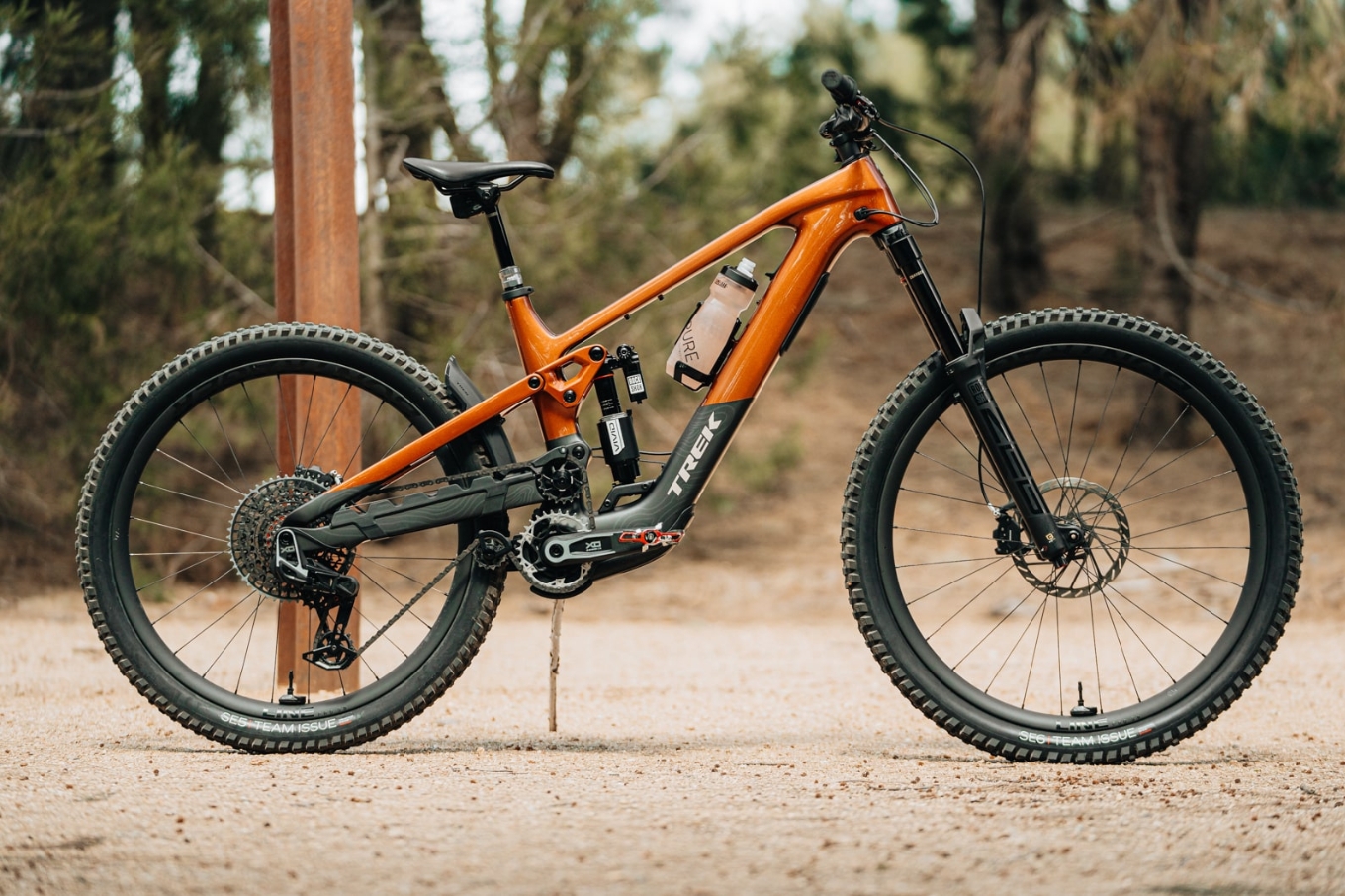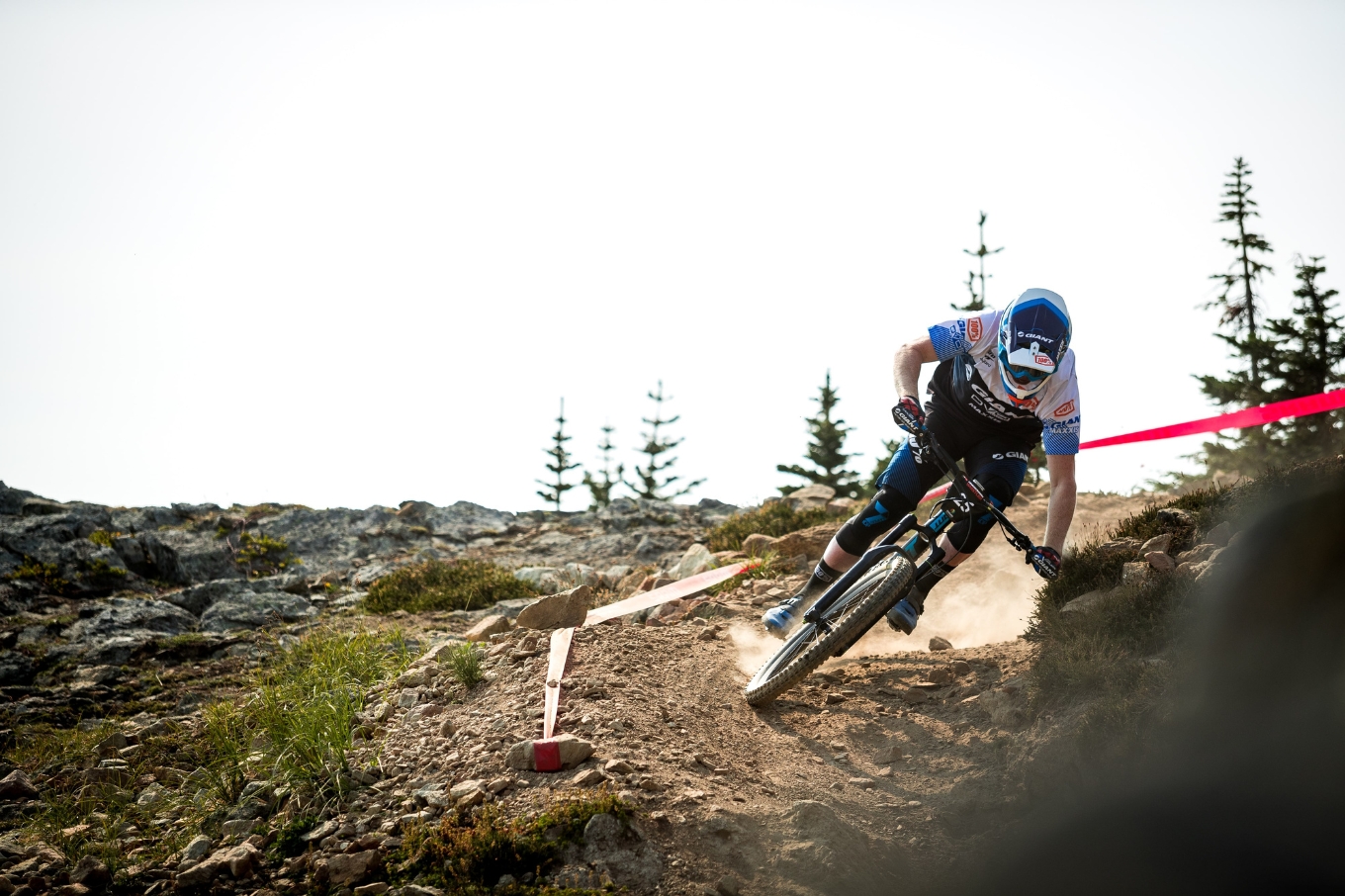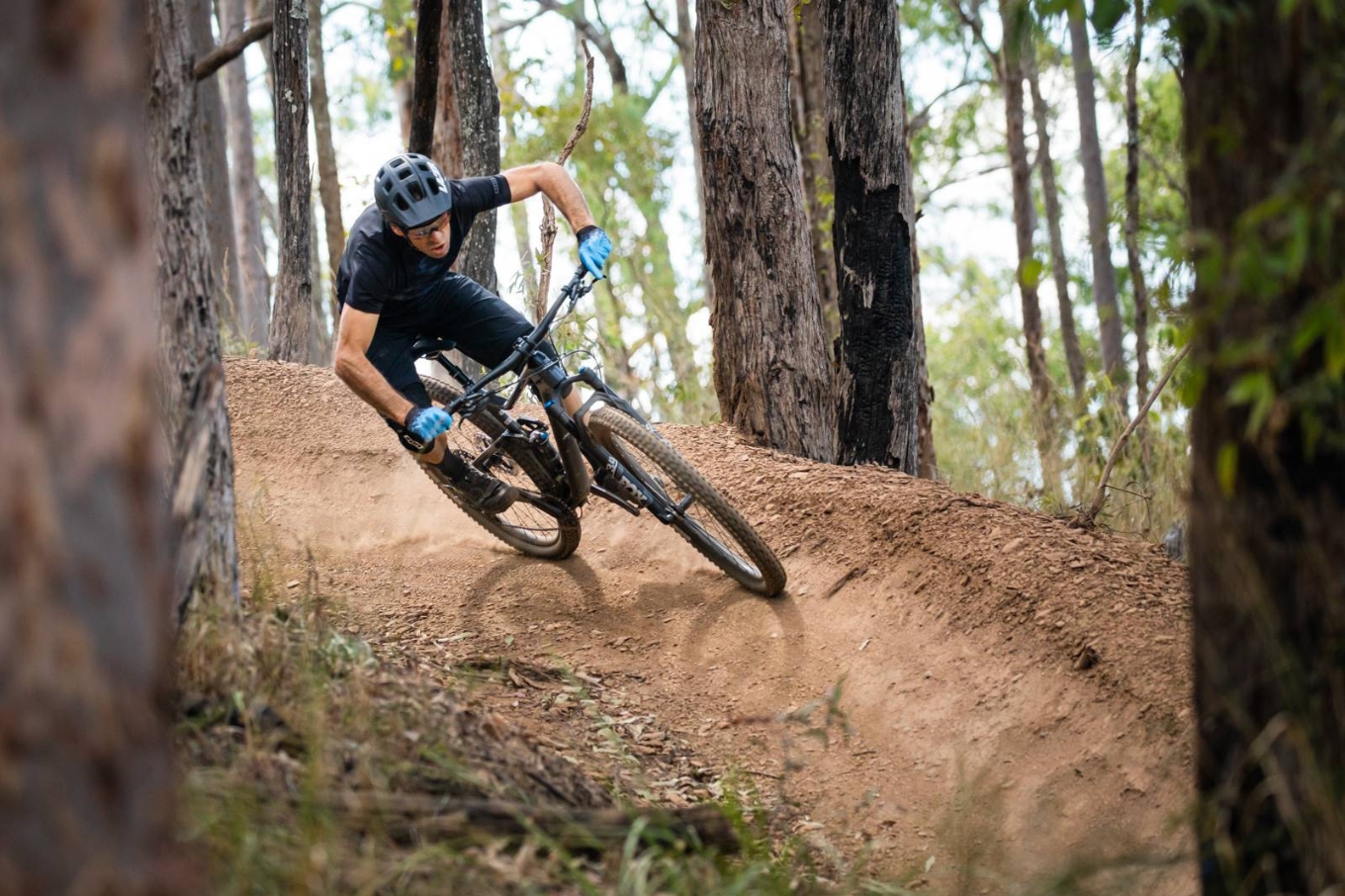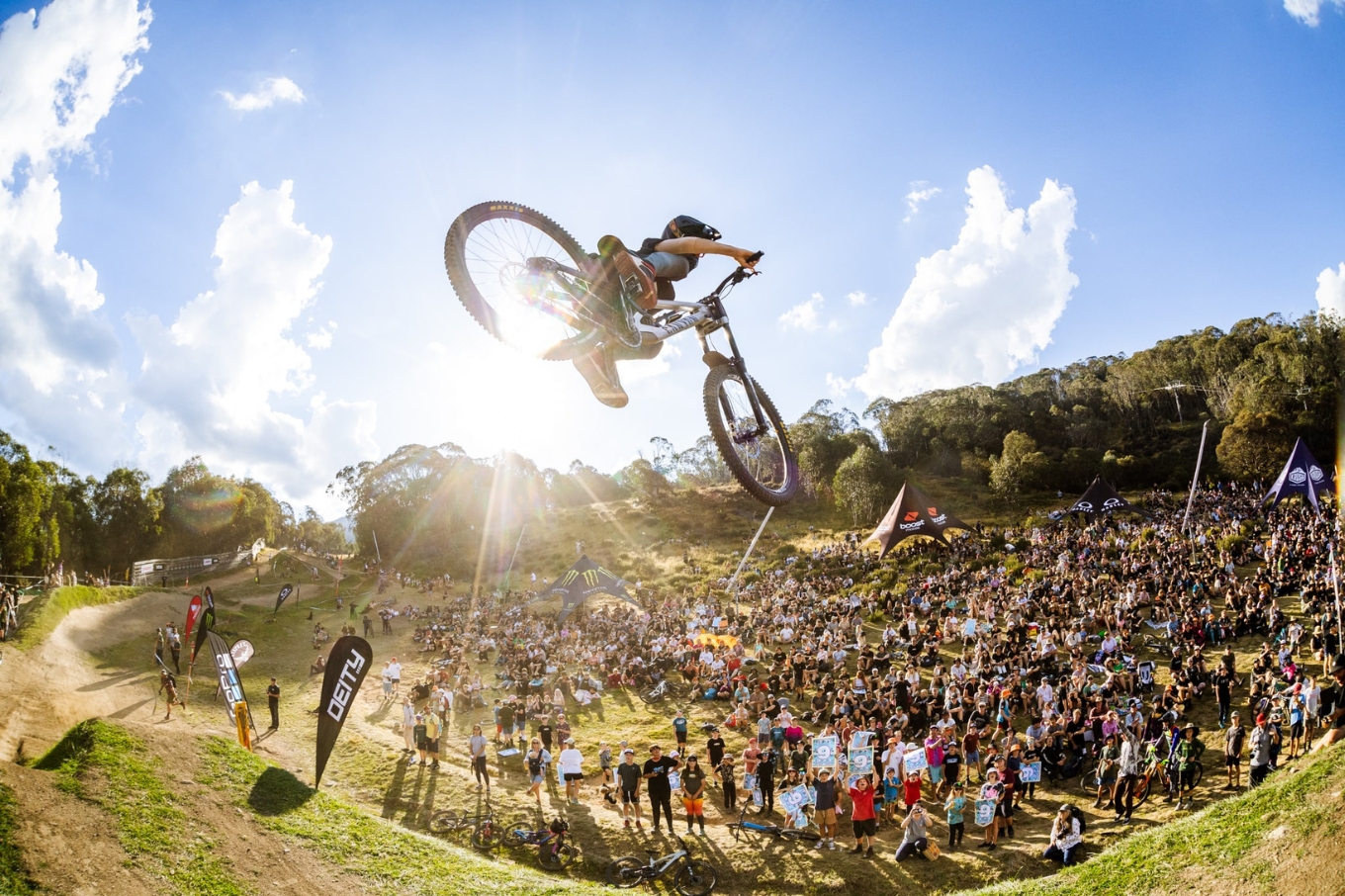Simple sports nutrition tips
Simple sports nutrition tips you’ve probably forgotten
Words: Zoe Wilson Photos: Mike Blewitt, Matt Rousu
With so much information out there about sports nutrition, it’s easy to get overwhelmed or focus on the minutia. Sometimes though, it’s important to keep things simple and remind yourself of the basics to make sure you’re performing at your best.
You probably need to drink more than you think
We’re all aware of the sweating we do during a ride and most of us drink regularly to stay hydrated. But, did you know you keep losing fluids through sweat (and urine) after you finish your ride, too? In fact, you need to drink 125-150% the amount of fluid you lost during your ride over the four to six hours afterwards to replace the fluids you lost. This means that if you weighed yourself before and after hard hour on the bike and lost 1kg, you need to drink 1.25-1.5L of fluid to rehydrate. It’s a lot more than we often think!
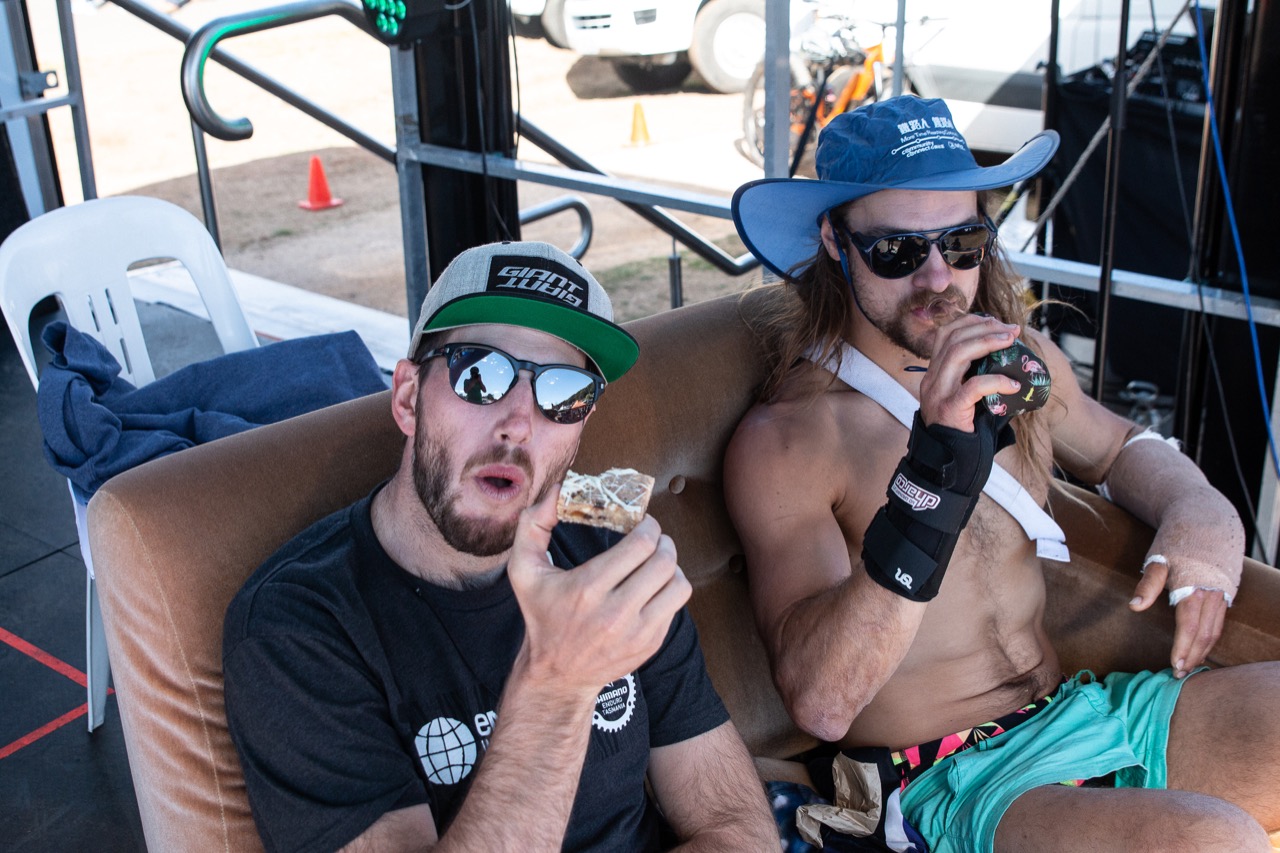
Keep your pre-race meal fat free
We all know that eating a pre-race meal is important, but it’s also important to consider what you are eating in that pre-race meal. Eating fat or protein in a meal slows down digestion. Give your gut a hand (and avoid any tummy trouble during your ride or race) by limiting fat and protein in your pre-race meal. Instead, go for a carbohydrate-based meal that is low in fibre like toast (white bread, not grainy), cereal with light milk or a muesli bar. Also, make sure you’ve practiced eating this meal before training sessions, so you know it works.
Only eat during sessions more than an hour
With all the focus on sports nutrition, over-fuelling is a common mistake. You don’t need to eat during a session that takes an hour or less. However, eating during a session that is more than 60 minutes can help to keep you at your best for longer. During those longer sessions you should aim to take in 30-60g carbohydrates per hour and start early in the session, so you’re not left trying to catch up. Sports drink, gels, lollies, rice cakes, muesli bars or white bread sandwiches are all good options.

Recovery is not all about protein
With all the protein shakes out there sold to enhance recovery, it’s understandable to think that protein is the key to good recovery from sessions. However, it’s important not to forget the carbohydrates! During exercise (especially hard sessions) your stores of carbohydrates (glycogen) are depleted and need to be replenished. To top up glycogen stores, eat high GI carbs in the first 30 minutes after a session, then continue to top up until you go back to your normal meals. Try things like sports drink, juice, cereal and light milk, a sandwich, light chocolate milk or a muffin.
In fact, protein is not the be-all and end-all!
Despite what you read, the recommendations for protein in an athlete’s diet is not that much more than the average person. Whilst protein is important for repair of muscle and other tissue, endurance and strength-based athletes should only be eating about 1.2-1.7g protein per kilogram per day compared to 0.8-1.0g protein per kilogram per day for the average Joe. This means that a 70kg athlete only needs around 84-119g protein per day. Most of us tend to naturally eat this much or more when eating enough to sustain training, so protein supplements are often unnecessary.
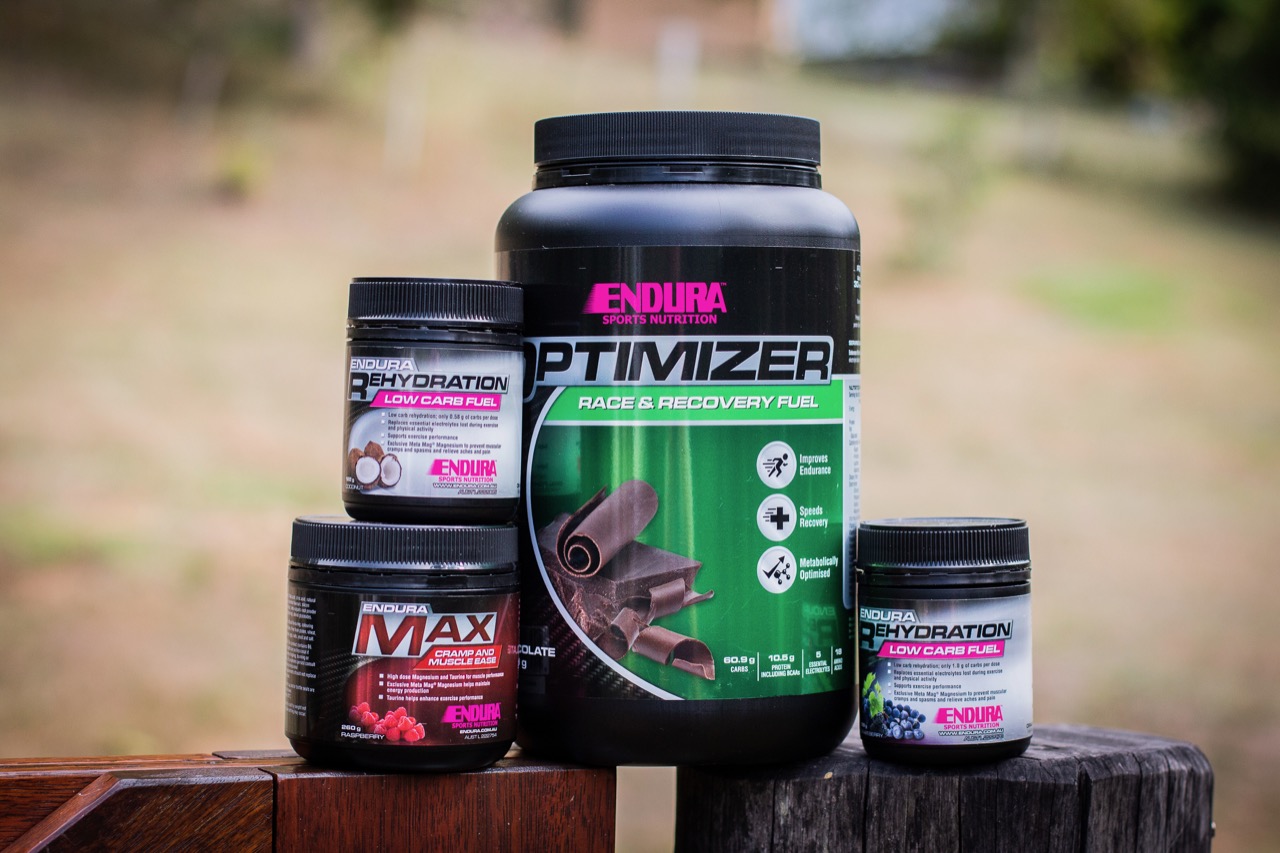
Sip water (but not for the reason you think…)
Regularly using sugary food and sports drink on the bike can destroy your teeth. The sugar content and acidity of sports foods, as well as the dry mouth you get when riding is the perfect storm for cavities. Instead? Sip water between mouthfuls of sports drinks and after you’ve had a gel or something similar. Also try not to get too dehydrated so you have more saliva which to protect your teeth. And while we’re on the topic – make a standing appointment with your dentist so you know you’re doing right by your chompers.
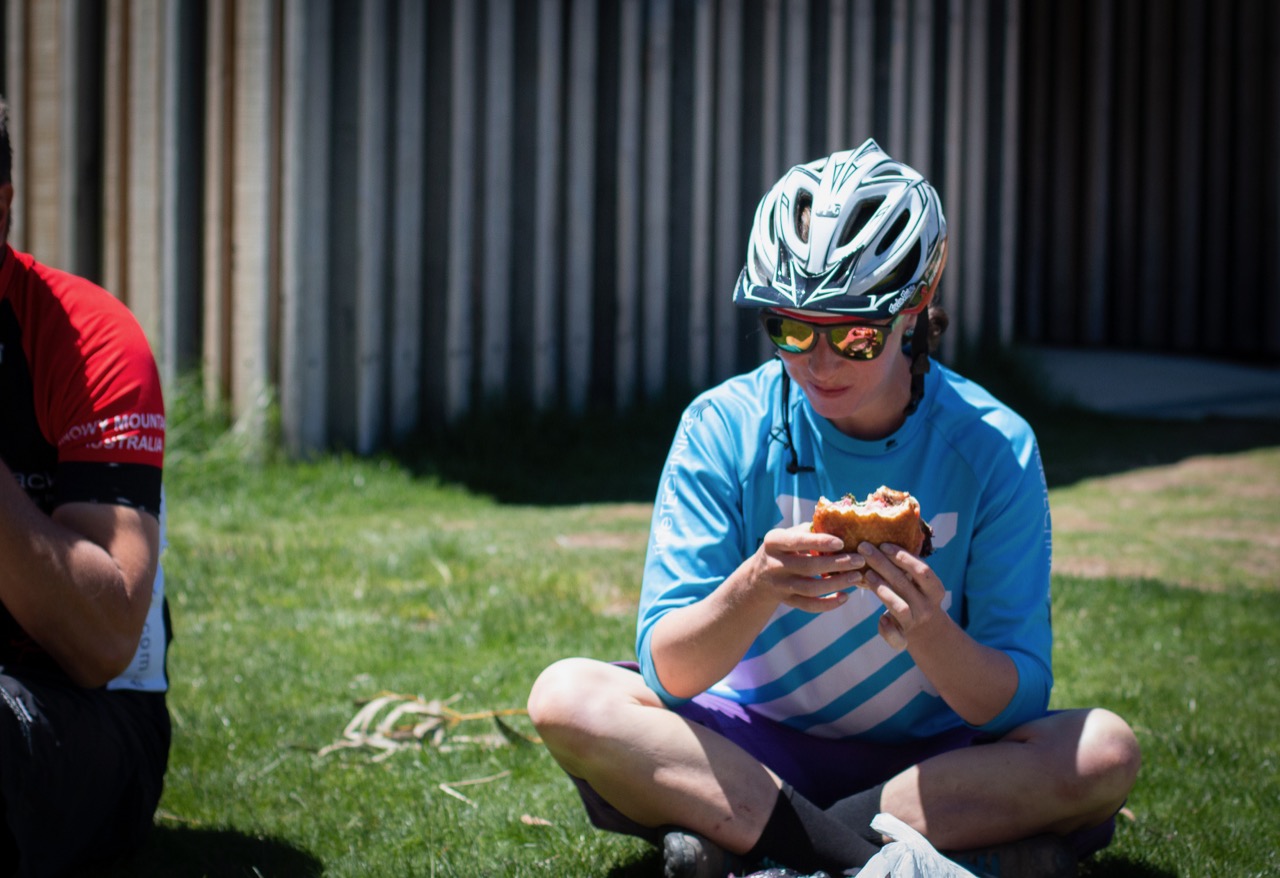
Make every mouthful count
Before you start even thinking about your nutrition around training and racing, it’s important to make sure you are eating a nutrient-rich diet every day. Choose a variety of foods from the five food groups (fruit, veg, wholegrains, lean meats/proteins and dairy) and try to minimise the “extras” (alcohol, sweets and savoury snacks like chips or pastries). Rather than use exercise as an excuse to eat ‘crap’, think about making every mouthful count. This way you’ll get the vitamins, minerals, carbs and protein your body needs to function well and perform at its best. It’s not rocket science!
Lastly, if you’re not sure exactly what is right for you, please see a sports dietitian who can help. You can find one at www.sportsdietitians.com.au.


